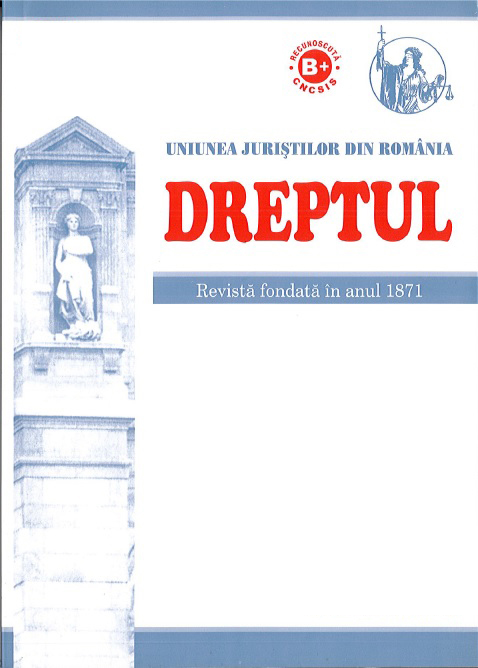For the Romanian legal system, the case law does not have the quality of a formal source of
law. However, the legal reality, viewed also from a historical perspective, has demonstrated the
essential role of judicial practice in the interpretation and application of the law, in building
argumentative practices, in clarifying the will of the legislator and discovering the less obvious
meanings of legal norms and, last but not least, in the unification of legal thinking and practice.
That is why case law, along with doctrine, is an important component of the Romanian legal
system.
Starting from these considerations, in this study we aim to emphasize some aspects of
the role of the constitutional case law in shaping and even in the development of some principle s
of law. We emphasize in particular its contribution to the emergence and development of
the constitutional review of laws, as well as to the edification of principles of law. We mainly
analyze the role of judicial practice in the construction of the principle of proportionality in
constitutional law, of the principle of equality and the interference between the principle of
proportionality and the principle of equality. In this sense, we support the role of the case law not
only in the correct interpretation and application of constitutional norms, but also in their
construction, in discovering the existing normative meanings most often only implicitly in the
formal expression of the legal norm of the above-mentioned constitutional principles. Thus, the
case law in constitutional matters is not limited to the interpretation by classical methods of the
norms of the Fundamental Law, but has an important contribution to the clarification and
construction of some principles of law, to the constitutionalization of the entire legislative system
and of judicial practice of all courts of law
CONTRIBUIE JURISPRUDENȚA CURȚII CONSTITUȚIONALE LA CONSTRUCȚIA UNOR PRINCIPII ALE DREPTULUI?
15.00lei


